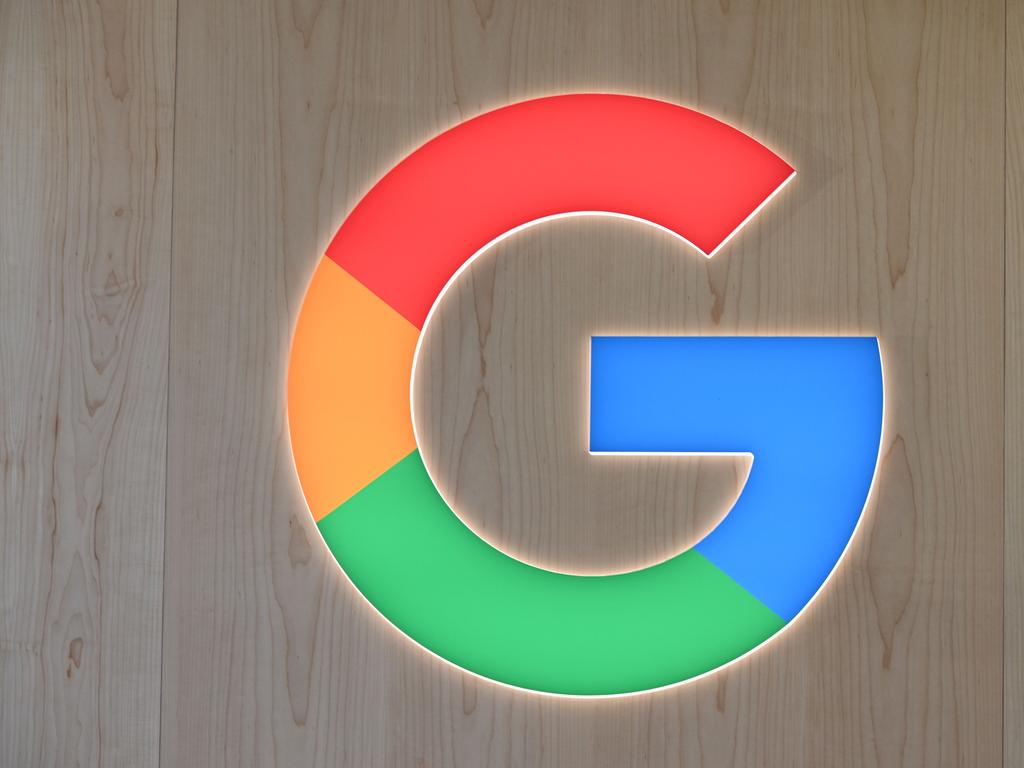
On Thursday the ACCC issued a statement of issues on the deal, ahead of a final decision due on August 13.
The proposed merger is also subject to reviews in the US and Europe, which may also block the deal.
In July, the ACCC is due to issue a draft code of conduct detailing how the digital platforms like Google and Facebook will pay media companies for their content.
The ACCC also has a false and misleading statements case against Google over its lack of privacy protection and more competition actions are expected.
In a statement the ACCC said “Google’s access to consumer health data may raise entry barriers, further entrench its dominant position and adversely affect competition in several digital advertising and health markets.
“Our concerns are that Google buying Fitbit will allow Google to build an even more comprehensive set of user data, further cementing its position and raising barriers to entry to potential rivals,” ACCC chair Rod Sims said.
“The ACCC’s Digital Platforms Inquiry found that Google’s substantial market power is built on its concentration of search and location data, and data collected via third-party websites and apps.
“Past acquisitions by Google, of both start-ups and mature companies like Fitbit, have further entrenched Google’s position. The access to user data available to Google has made it so valuable to advertisers that it faces only limited competition,” Mr Sims said.
“The ACCC’s investigation is focused on certain online advertising services and nascent data-dependent health markets. We will explore the uniqueness and potential value that Fitbit’s data poses for Google, and its likely competitors in these advertising and health markets.”
Another key issue the ACCC has outlined in its statement of issues is whether Google is likely to favour its own wearables devices over competitors’ when supplying important related services such as WearOS, Google Maps, Google Play Store or Android smartphone interoperability.
“This is a rapidly evolving sector and, while there is inherent uncertainty about how digital markets will develop, it does not mean as a competition regulator we can conclude there will be no lessening of competition simply because the future is unclear,” Mr Sims said.
“Our position is where there is uncertainty, especially surrounding such important markets, the ACCC must thoroughly investigate the potential for an acquisition to stymie future competition. As a competition regulator it is our job to weigh carefully the potential issues concerning data and advertising that may follow transactions such as these.”







The ACCC has expressed competition concerns about Google’s proposed $US2.1 billion acquisition of wearable device maker Fitbit.